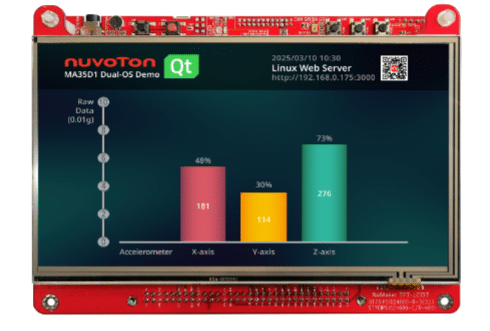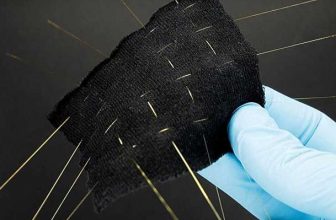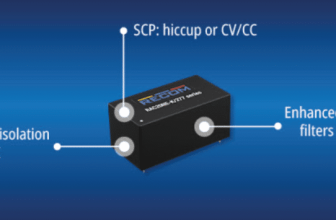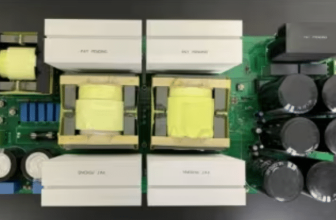
Check out our latest products
The thick film resistor handles high pulse energy, saves space, and supports use in EVs, industrial tools, telecom gear, and other demanding environments.
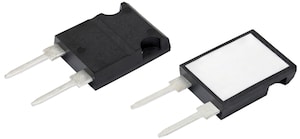
Vishay Intertechnology, Inc. has expanded its LTO series of thick film power resistors with a new AEC-Q200 qualified model — the LTO 150H — capable of handling high pulse energy up to 75 J in 0.1 seconds. Housed in a clip-mount TO-247 package for direct heatsink mounting, the Vishay Sfernice LTO 150H supports power dissipation up to 150 W at a case temperature of +45 °C.
The LTO 150H resistor is designed for engineers and system designers working in high-power and high-reliability applications across automotive, industrial, energy, telecom, and defense sectors. It is ideal for automotive engineers developing EVs, HEVs, and LSEVs, particularly in battery management systems, 48V nets, fuel cells, and onboard chargers. Industrial equipment designers can use it in motor drives, welding machines, and power tools requiring efficient heat dissipation and space-saving components. It also suits energy system developers working on metering and monitoring equipment, as well as telecom engineers designing switches, routers, and optical network devices. Additionally, the resistor is suitable for aerospace and defense applications that demand robust performance under extreme conditions, and for manufacturers of agricultural and heavy machinery needing durable, high-temperature components.

This resistor features a design that boosts energy absorption by 30% compared to previous LTO models, offering better protection against short transient pulses. This helps ensure more stable performance in demanding environments, reduces failure risks, and enhances overall system reliability. With low thermal resistance of 0.87 °C/W and high power handling, the LTO 150H supports compact system designs by reducing the number of resistors needed — saving board space, simplifying layouts, and cutting costs. It operates in temperatures up to +175 °C and is available in resistance values from 1 Ω to 2.2 kΩ with tolerances down to ±2%.


![[5G & 2.4G] Indoor/Outdoor Security Camera for Home, Baby/Elder/Dog/Pet Camera with Phone App, Wi-Fi Camera w/Spotlight, Color Night Vision, 2-Way Audio, 24/7, SD/Cloud Storage, Work w/Alexa, 2Pack](https://m.media-amazon.com/images/I/71gzKbvCrrL._AC_SL1500_.jpg)



![[3 Pack] Sport Bands Compatible with Fitbit Charge 5 Bands Women Men, Adjustable Soft Silicone Charge 5 Wristband Strap for Fitbit Charge 5, Large](https://m.media-amazon.com/images/I/61Tqj4Sz2rL._AC_SL1500_.jpg)
